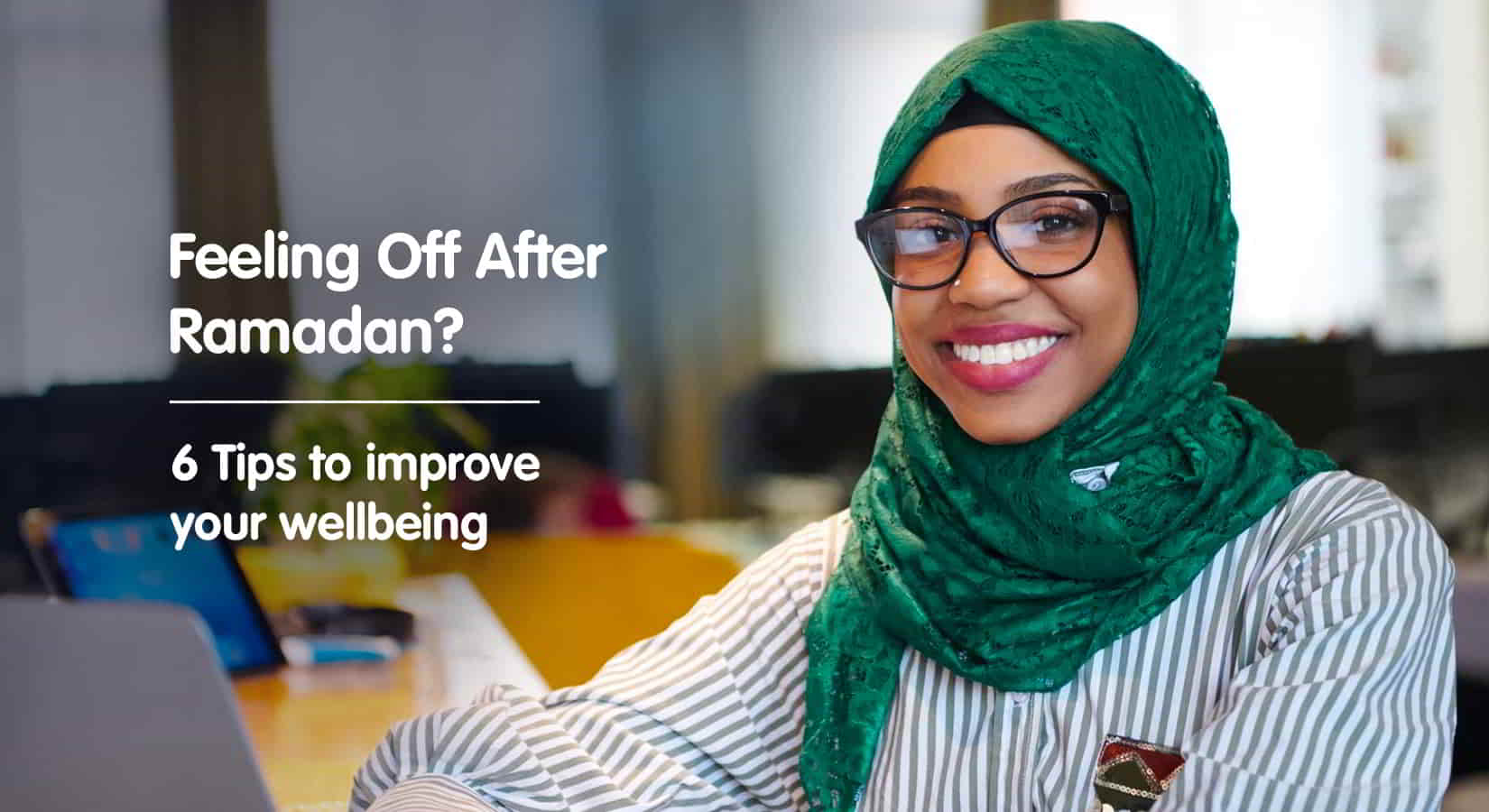Ramadan is a month of spiritual reflection, fasting, and community. However, as the month ends, it can be challenging to transition back to our everyday routines. This blog post will explore tips to improve your well-being after Ramadan and help you feel energized and rejuvenated.
1. Sleep Pattern
During Ramadan, our sleep patterns may have shifted due to late-night prayers and early-morning suhoor. To establish a regular sleep routine after the fast, try to go to bed and wake up at the same time every day. This can help regulate your body's internal clock and promote a good night's sleep. Avoid consuming caffeine or any stimulants before bedtime, and keep your bedroom calm, dark, and quiet to create a comfortable sleep environment. Consider taking a warm bath or reading a book before bedtime to relax your body and mind. If you are having trouble sleeping, supplements like melatonin, Redd Remedies At Ease PM, and Kalms One A Night Tabs may help.
2. Healthy Food Choices:
After a month of fasting, nourishing your body with healthy foods is essential. Incorporate fresh fruits and vegetables into your diet to provide your body with essential vitamins and minerals. Opt for lean protein sources such as fish, chicken, or legumes to help rebuild and repair your body. Avoid sugary and processed foods, as they can cause a spike in blood sugar levels and lead to energy crashes. Drink plenty of water to stay hydrated throughout the day. Supplements like Trevo Dietary Supplement (16 oz), Nature's Field Omegol Plus, and Nutrex Lipo 6 Black 1 will help boost your nutritional needs.
3. Appetite:
During Ramadan, our appetite may have decreased due to fasting. To ensure you are eating enough, practice mindful eating by listening to your body's hunger and fullness signals. Avoid overeating or undereating, as both can lead to adverse health consequences. Eat slowly and savor your food to enjoy the flavors and textures. Consider keeping a food diary to track your eating habits and identify areas for improvement.
4. Stay Active:
Regular physical activity is essential for maintaining good health. After Ramadan, try to incorporate exercise into your daily routine. This can be as simple as walking or jogging, practicing yoga, or joining a fitness class. Exercise can help boost mood, reduce stress, and improve overall well-being.
5. Practice Stress-Reduction Techniques
Stress can hurt our physical and mental health. Try practicing relaxation techniques such as meditation or deep breathing exercises to manage stress. These practices can help calm your mind and reduce tension in your body. Consider scheduling downtime each day to engage in activities you enjoy, such as reading, listening to music, or spending time with loved ones.
6. Social Connection
Community is an essential part of Ramadan, and it's important to continue connecting with loved ones after the month has ended. Make social connections by spending time with family and friends, participating in community events, or volunteering for a cause you care about. Social relationships can help boost mood, reduce stress, and provide a sense of purpose and belonging.
In conclusion, the transition back to our regular routines after Ramadan can be challenging, but it's essential to prioritize our well-being. These tips can help you improve your sleep pattern, make healthy food choices, manage your appetite, stay active, practice stress-reduction techniques, and connect with others. By taking care of your body and mind, you can feel energized and rejuvenated after Ramadan.
You can chat with our e-pharmacist on our Webchat and via WhatsApp for health advice and tips.

